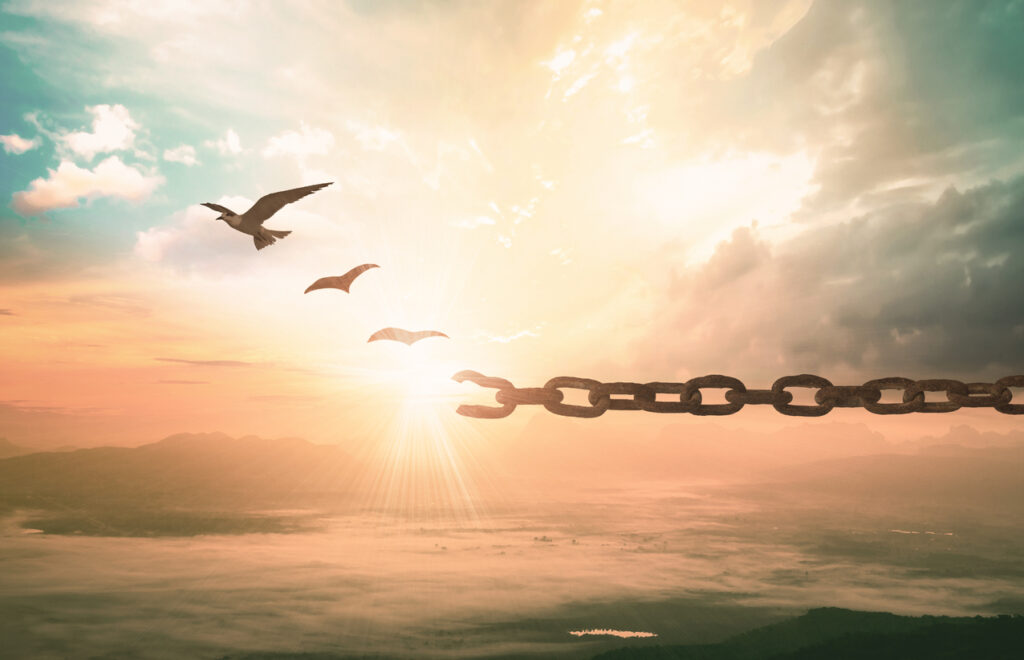I’ve been enjoying Sarah Bakewell’s new book At The Existential Café (Chatto & Windus), which explores the origins and development of existential philosophy.
It traces the movement’s beginnings back to Kierkegaard, and how Husserl and his student, Martin Heidegger, developed it further, but the book’s main focus is on Jean-Paul Sartre and his life-long companion Simone de Beauvoir and their own particular take on the philosophy.
At its heart, Sartre’s existentialism proclaims that we are essentially free, but the idea is so terrifying to us that we find comfort in habits and responsibilities.
I take a different view. We are potentially free but we are enslaved by our past. The past lives us and through us and into the world. While this energetic process happens, we will repeat the same mistakes and see the same old patterns recurring in our lives.
The past builds because we are not fully conscious when we experience some traumatic event; by ‘unconscious’, I mean that we are fully body-centred at the time, and we see things entirely from our personal perspective and not from the ‘middle-ground’, the space between the players in the drama.
Freedom from the past is the only metaphysical freedom, and that is possible when we fully see, with great clarity, the processes of time, its energies that create thought, filters and even the ‘I’ that I think that I am.
When we are free of the past, we fulfill our potential as creative beings, without fear.

